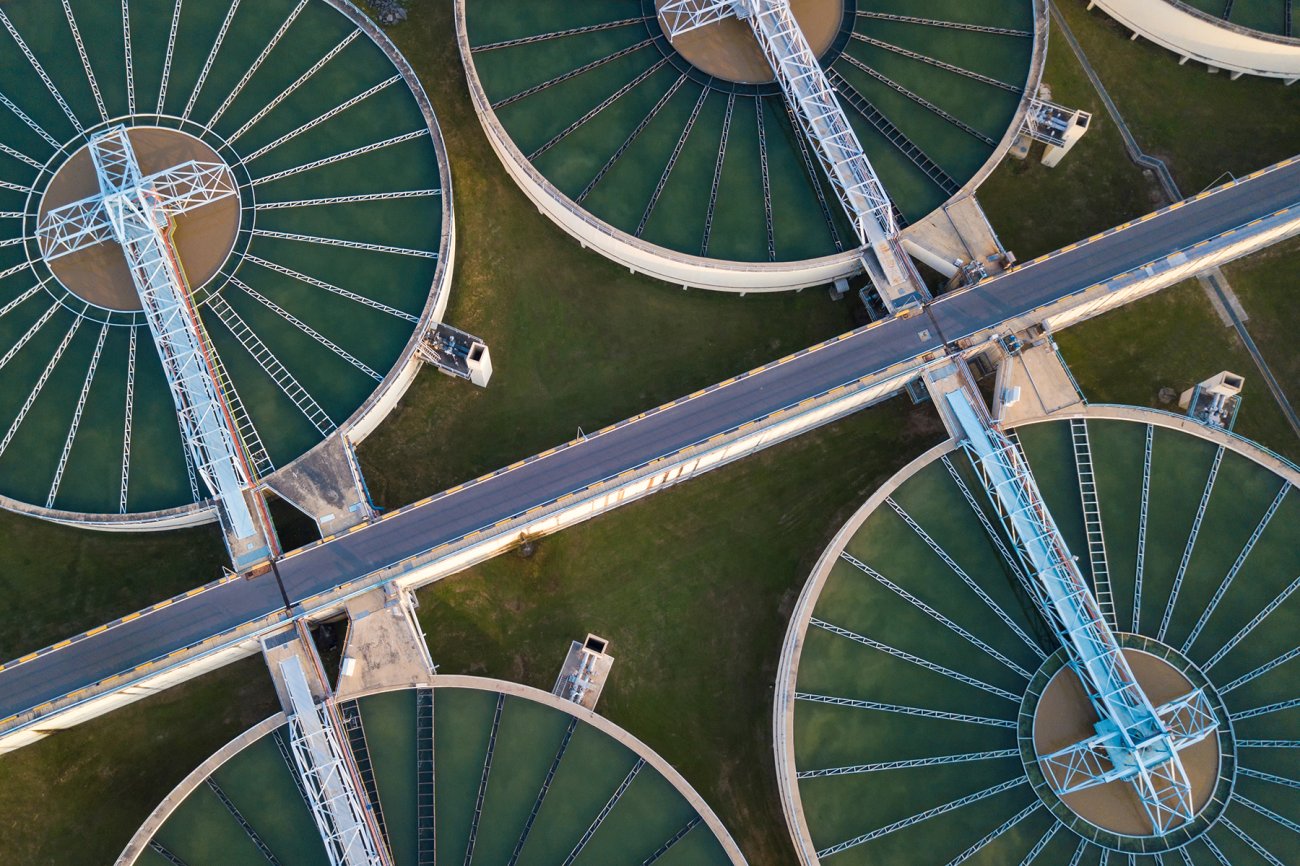Reclaim Waste Can Be Fun For Everyone
Reclaim Waste Can Be Fun For Everyone
Blog Article
About Reclaim Waste
Table of ContentsThe 9-Second Trick For Reclaim WasteGetting My Reclaim Waste To WorkReclaim Waste Things To Know Before You Get ThisGetting My Reclaim Waste To WorkHow Reclaim Waste can Save You Time, Stress, and Money.
Explore the types, events, and forms of liquid waste. Domestic sewer waste refers to the waste and items from a household septic container. This kind of waste is developed by humans in houses, institutions, and various other buildings. This only consists of septic containers that have a drainpipe area. The proper management and disposal of residential sewage waste call for fluid waste to be transferred to a sewer therapy plant where the correct techniques and devices are related to detoxify and dispose of waste.
Industrial waste commonly consists of possible hazards, such as flammable products or a mixture of liquid and solid waste products, and requires a much more sophisticated and detailed disposal procedure. The disposal of commercial waste usually entails the filtration of waste before transportation to make sure secure and proper disposal. Hazardous waste is developed from results and runoff of industrial processes and manufacturing.
This sort of waste can not utilize the same sewage management transport or procedures as septic or commercial fluids. The commercial waste monitoring procedure requires the evaluation and testing of fluid waste before it goes through the disposal process (industrial wastewater treatment). Runoff waste is the fluid waste that originates from drainage and excess stormwater in highly populated areas or cities
Drainage waste can cause contamination and flooding otherwise handled correctly. Find out more concerning drain cleansing and waste administration. Ensuring proper waste management can avoid calamities and decrease environmental harm. Both individuals in residential settings and professionals in industrial or manufacturing industries can gain from understanding the procedures and regulations of fluid waste monitoring.
Reclaim Waste Can Be Fun For Everyone
Get in touch with PROS Providers today to learn more about our waste monitoring and disposal services and the proper methods to look after the fluid waste you generate.
(https://pubhtml5.com/homepage/kwjac/)This so-called 'wastewater' is not just a vital resource but, after treatment, will certainly be launched to our land, waterways or the sea. Used water from commodes, showers, baths, kitchen area sinks, laundries and commercial procedures is known as wastewater.

water made use of to cool machinery or tidy plant and devices). Stormwater, a type of wastewater, is runoff that streams from agricultural and city areas such as roof coverings, parks, gardens, roads, paths and seamless gutters right into stormwater drains pipes, after rain. Stormwater moves unattended directly to neighborhood creeks or rivers, at some point getting to the sea.
The 10-Minute Rule for Reclaim Waste
In Queensland, the majority of wastewater is dealt with at sewage therapy plants. Wastewater is delivered from domestic or commercial websites with a system of sewers and pump terminals, understood as sewerage reticulation, to a sewer treatment plant.
The Department of Natural Resources recommends local governments concerning handling, operating and keeping sewage systems address and therapy plants. In unsewered areas, city governments might need homeowners to mount specific or family sewage therapy systems to deal with domestic wastewater from bathrooms, kitchens, washrooms and washings. The Department of Natural Resources authorises using house systems when they are shown to be efficient.
The majority of stormwater receives no therapy. In some brand-new neighborhoods, treatment of some stormwater to remove trash, sand and crushed rock has actually started making use of gross pollutant traps. Wastewater therapy happens in four stages: Eliminates strong issue. Bigger solids, such as plastics and other items mistakenly released to drains, are removed when wastewater is gone through displays.
Wastewater after that flows into large tanks where solids settle and are removed as sludge. Grease and residue are skimmed from the surface area. Utilizes small living microorganisms recognizes as micro-organisms to break down and remove remaining liquified wastes and fine fragments. Micro-organisms and wastes are included in the sludge. Eliminates nitrogen and phosphorus nutrients that can create algal blooms in our rivers and threaten marine life.
Getting The Reclaim Waste To Work
Nutrient elimination is not offered whatsoever sewer therapy plants because it calls for pricey specialised tools. It is becoming a lot more usual in Queensland. Clear fluid effluent produced after therapy might still have disease-causing micro-organisms. If this effluent is launched into waterways such as rivers or the sea, the micro-organisms will eventually die out.

This typically means wastewater needs to be treated or impurities removed before it can be released to rivers. Most wastewater streams into the sewerage system. Under the Act, city governments provide approvals and licences for environmentally relevant activities (Periods) including wastewater releases that could have a local impact. The department provides authorizations and licences to Ages entailing wastewater releases that could have a local or statewide influence.
The Ultimate Guide To Reclaim Waste
Monitoring provides factual information regarding water top quality and can validate that licence problems are being fulfilled. The information acquired with monitoring supplies the basis for making water high quality decisions.
Report this page